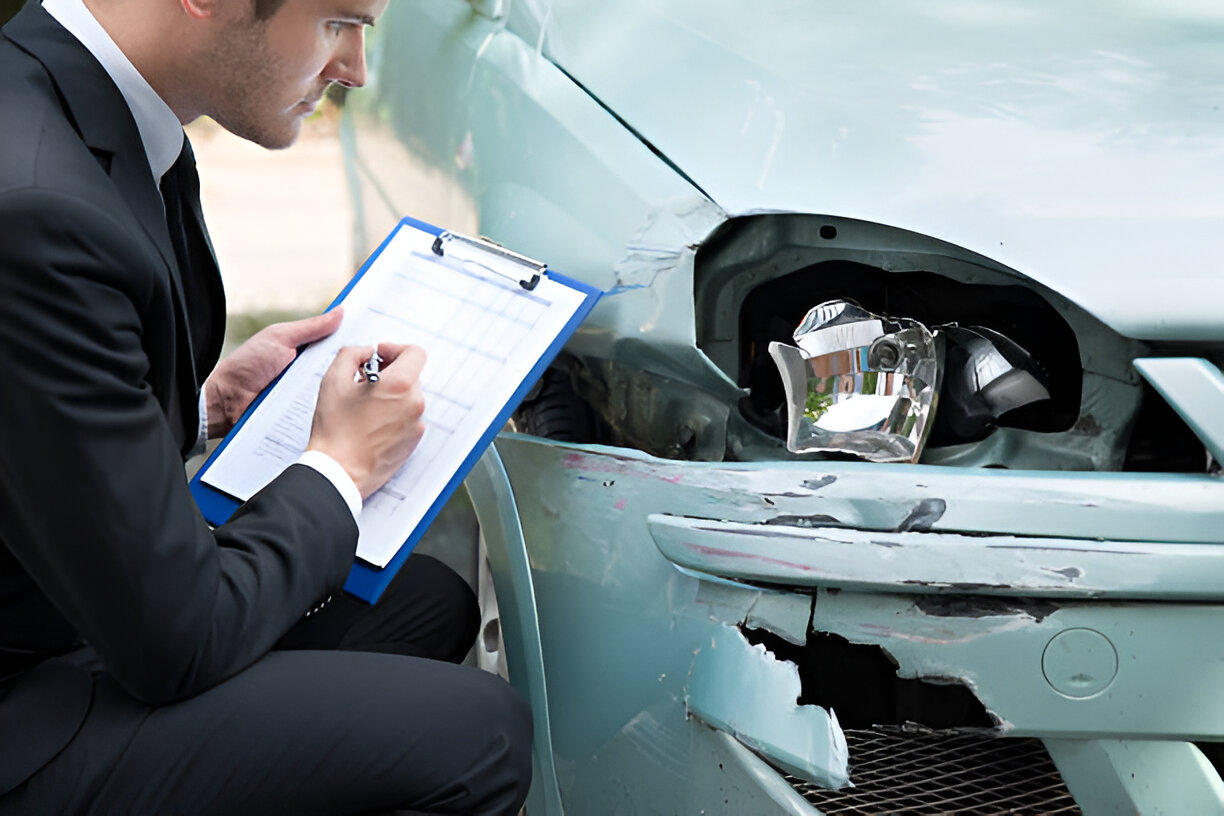In recent years, rideshare services like Uber and Lyft have transformed the way people travel, offering convenience and accessibility. However, as their popularity has soared, so has the incidence of accidents involving rideshare drivers. These accidents can lead to complicated personal injury claims, impacting all parties involved. Understanding how rideshare-related accidents affect personal injury claims is crucial for victims seeking compensation.
Rideshare Landscape
Rideshare services have become an integral part of urban mobility. With millions of rides taken daily, the likelihood of accidents involving rideshare vehicles increases. Rideshare drivers operate in a unique environment, often balancing multiple passengers and routes. This complexity can lead to distracted driving, which significantly raises the risk of accidents. When a rideshare driver is involved in a collision, determining liability can be challenging, often complicating personal injury claims.
Legal Framework Governing Rideshare Accidents
The legal framework surrounding rideshare accidents is different from traditional vehicle accidents. Rideshare companies often classify drivers as independent contractors rather than employees, which affects liability. In many cases, the rideshare company may not be held liable for the driver’s actions unless specific conditions are met, such as the driver being actively engaged in a ride when the accident occurs. This distinction is crucial when filing personal injury claims, as it can determine who is responsible for compensating victims.
Determining Liability in Rideshare Accidents
When an accident occurs involving a rideshare driver, the first step in a personal injury claim is determining liability. If the rideshare driver is at fault, victims may pursue compensation through the driver’s insurance policy. However, the insurance coverage limits for rideshare drivers can be lower than expected. Rideshare companies typically provide a certain level of coverage, but this may vary based on whether the driver is actively transporting a passenger or merely using the app. As such, victims need to document the accident thoroughly and consult with a legal professional experienced in personal injury claims involving rideshare services.
Insurance Coverage Challenges
The insurance policies governing rideshare drivers can be complex. Most rideshare companies maintain a liability insurance policy that provides coverage for accidents occurring while the driver is working. However, the amount of coverage can differ significantly depending on the status of the driver. If the driver is offline, they may not have coverage at all. This creates a challenging situation for victims attempting to navigate personal injury claims. Understanding these nuances is essential, as insufficient coverage may leave victims struggling to secure the compensation they deserve.
Factors Influencing Personal Injury Claims
Several factors can influence personal injury claims resulting from rideshare accidents. The severity of injuries, the clarity of liability, and the quality of evidence play significant roles. For instance, if a victim suffers serious injuries that require extensive medical treatment, the potential compensation amount will likely increase. Conversely, if there is ambiguity surrounding fault or if the evidence is weak, this may hinder the claim’s success. As such, victims should prioritize gathering evidence, including photographs, witness statements, and police reports, to strengthen their case.
Role of Witnesses and Evidence
Witnesses can play a critical role in personal injury claims related to rideshare accidents. Eyewitness accounts can provide essential details that clarify the events leading up to the collision. Moreover, video footage from surveillance cameras or smartphones can also serve as valuable evidence. When pursuing a personal injury claim, having comprehensive documentation and witness testimonies can significantly impact the outcome. Therefore, victims should take immediate steps to collect as much information as possible following an accident. If a pedestrian is injured in a rideshare-related incident, consulting a Pedestrian Injury Accident Law Firm In Los Angeles can provide valuable legal guidance and representation.
Navigating the Claims Process
Navigating the personal injury claims process after a rideshare accident can be overwhelming. Victims may feel unsure about how to proceed, especially when dealing with insurance companies and legal requirements. Consulting with an experienced personal injury attorney is highly advisable. A lawyer specializing in personal injury claims can guide victims through the complexities of the legal process, ensuring that their rights are protected and helping them secure fair compensation.
Importance of Legal Representation
Legal representation is invaluable in personal injury claims involving rideshare accidents. An attorney can help victims understand their options and gather the necessary evidence to build a strong case. Furthermore, a lawyer can negotiate with insurance companies on behalf of the victim, ensuring that they do not settle for less than what they deserve. Personal injury claims can involve significant medical expenses, lost wages, and pain and suffering, making it essential to have someone knowledgeable advocating for your interests.
Emotional Impact of Accidents
Accidents involving rideshare drivers not only have physical consequences but can also lead to emotional trauma. Victims may experience anxiety, depression, or post-traumatic stress following a collision. This psychological impact should not be overlooked when pursuing personal injury claims. Including the emotional toll in the claim can provide a more comprehensive picture of the accident’s effects, which can influence compensation.
Conclusion
Accidents involving rideshare drivers present unique challenges for personal injury claims. Understanding the complexities of liability, insurance coverage, and the claims process is essential for victims seeking compensation. By gathering evidence, consulting with legal experts, and addressing the emotional impact of the accident, victims can better navigate the aftermath of these incidents. The journey toward recovery, both physically and emotionally, may also involve exploring complementary healing practices, which can significantly enhance the overall healing process. As rideshare services continue to play a significant role in modern transportation, awareness of these issues will be crucial for both drivers and passengers alike.
